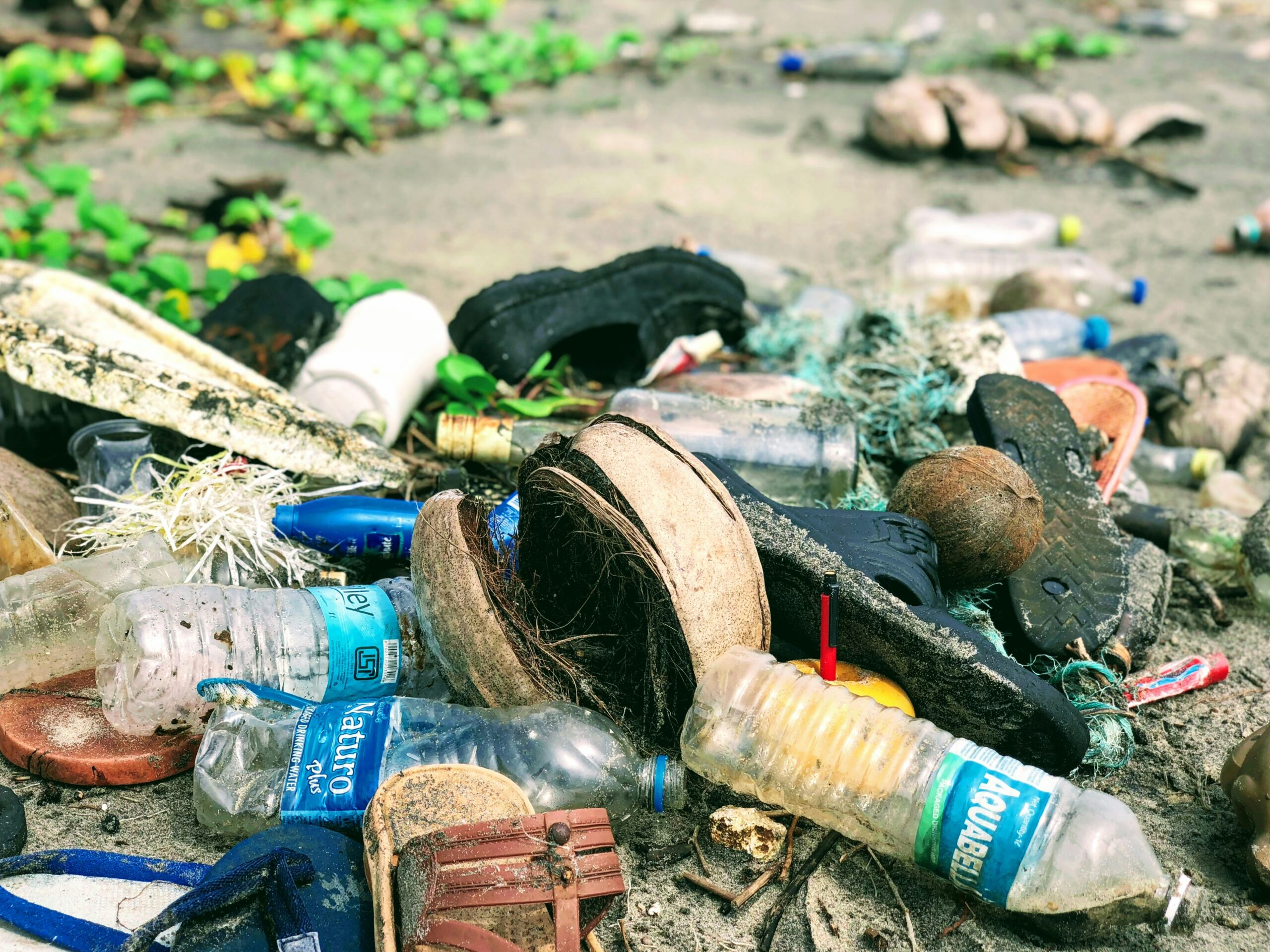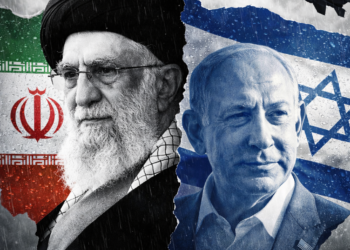In Busan, South Korea, more than 100 nations convened for the fifth round of the United Nations Intergovernmental Negotiating Committee (INC-5) meeting, aiming to craft a treaty to tackle plastic pollution. Instead, they walked away with little more than a rescheduled discussion. Nations gathered, debated, disagreed, and decided to postpone meaningful decisions to a later session dubbed “INC 5.2.”
The divide was glaring. Over 100 nations backed a proposal by Panama to set global plastic production reduction targets. Meanwhile, oil-producing countries like Saudi Arabia predictably balked at the idea of curbing production.
“The programmes proposed remain riddled with procedural delays,” lamented Inger Andersen, executive director of the U.N. Environment Programme. Andersen’s diplomatic tone couldn’t mask the obvious: entrenched interests continue to derail global efforts.

Saudi Arabia’s delegate, Abdulrahman Al Gwaiz, made the country’s position crystal clear, saying, “There was never any consensus.” Translation: “We don’t want this.” A revised document, meant to shape the treaty, was reportedly filled with so many options that even choosing a font size might have been contentious.
Meanwhile, developing nations and environmental advocates expressed outrage at the lack of urgency. “A treaty that … only relies on voluntary measures would not be acceptable,” said Rwanda’s Juliet Kabera. It seems Kabera forgot that voluntary measures are often code for “do nothing and call it progress.”
Microplastics, a growing plague, have infiltrated air, water, and even fresh produce, with women and children most vulnerable to the toxic chemicals found in over 3,200 plastic compounds. Yet, nations like Saudi Arabia, backed by others hesitant to disrupt their petrochemical dominance, continue to use procedural tactics to stall negotiations.
The failure to agree on production caps wasn’t just disappointing, it was predictable. After all, this isn’t the first time wealthy nations and oil-dependent economies have wielded procedural power plays just to flex their muscles . Remember COP29 in Baku? There, countries jeopardized another opportunity by failing to make meaningful commitments on fossil fuel transitions, courtesy of the same suspects.
Chris Jahn, secretary of the International Council of Chemical Associations (ICCA), representing plastic makers, predictably painted the entire issue as “complex.” Environmental groups like GAIA, however, were less charitable, pointing out that postponing decisions does nothing to halt the plastic crisis. “There is little assurance that the next INC will succeed where INC-5 did not,” GAIA said bluntly.
Panama’s delegation head, Juan Carlos Monterrey Gomez, echoed the frustration, saying, “Every day of delay is a day against humanity.” While some nations talk about “building consensus,” the planet continues to choke on plastic.

















